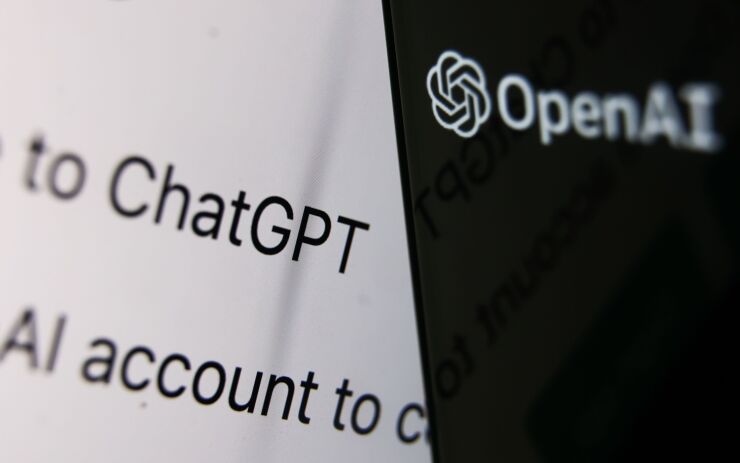
The Consumer Financial Protection Bureau issued a warning to financial institutions about adopting technologies such as generative chatbots that may provide inaccurate information to consumers.
The CFPB on Tuesday released a
The CFPB warned that when chatbots provide inaccurate information regarding a consumer financial product or service, there is potential to "cause considerable harm." Chatbots could lead consumers to select the wrong product or service, or the technology could be used to provide inaccurate information. More pernicious is that when a consumer has an urgent need to speak to a bank representative, chatbots can thwart their efforts, the CFPB said, noting that "consumers can face repetitive loops of unhelpful jargon."
"To reduce costs, many financial institutions are integrating artificial intelligence technologies to steer people toward chatbots," CFPB Director Rohit Chopra said in a press release. "A poorly deployed chatbot can lead to customer frustration, reduced trust, and even violations of the law."
Financial institutions "should avoid using chatbots as their primary customer service delivery channel when it is reasonably clear that the chatbot is unable to meet customer needs," the CFPB said. The agency warned that working with customers to resolve a problem or answer a question is the basis of relationship banking and an essential function of financial institutions.
The generative AI technology has been through a cycle of media buzz, disappointment and disillusionment.
All of the top ten banks in the U.S. use chatbots but the complexity of uses varies among them. Roughly 37% of consumers have interacted with a bank chatbot in 2022, typically to retrieve account information, pay bills or look up transactions, the bureau said. Most chatbots trigger limited responses to frequently asked questions, though two bank-built chatbots—Capital One's Eno and Bank of America's Erica—were created by training algorithms with real customer conversations and chat logs.
Financial institutions run the risk that when chatbots provide responses, the information may not be accurate and may run afoul of consumer financial protection laws, the bureau said. Chatbots also may fail to recognize if a consumer is invoking a right to protect their privacy or data.
The CFPB said it is actively monitoring the market and expects institutions to respond to consumer disputes or questions in a manner that complies with applicable law.





